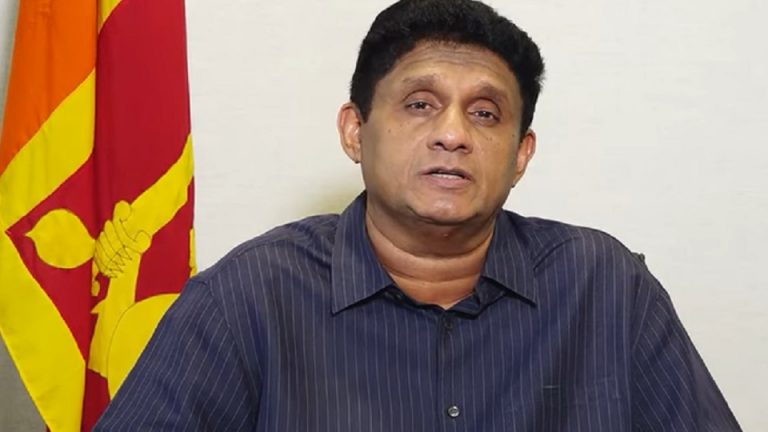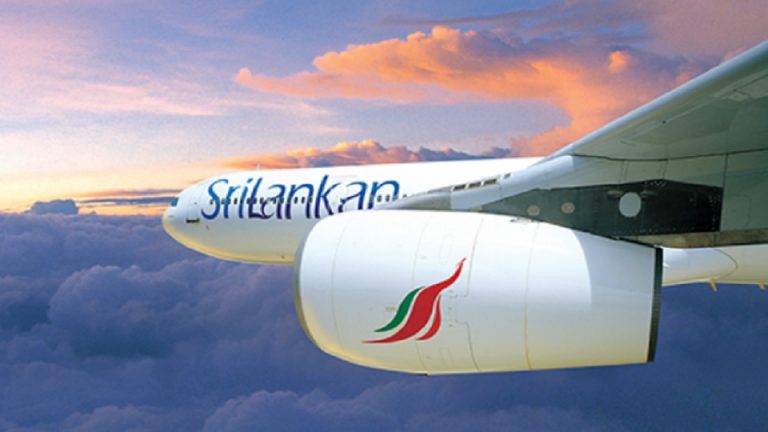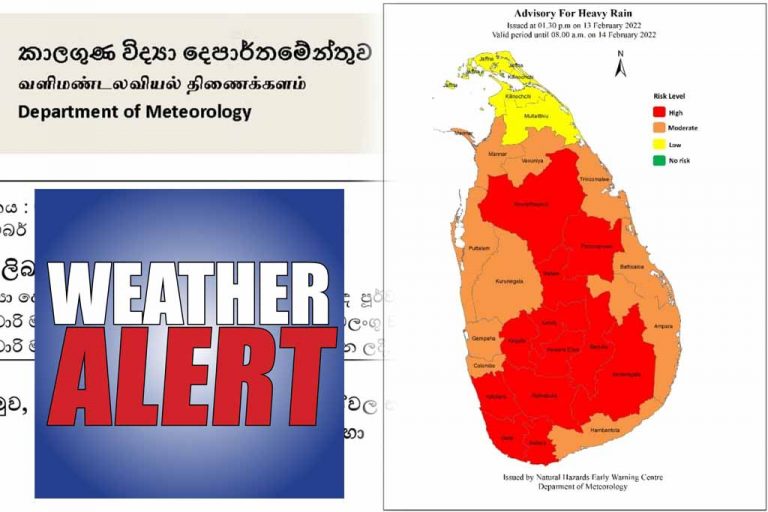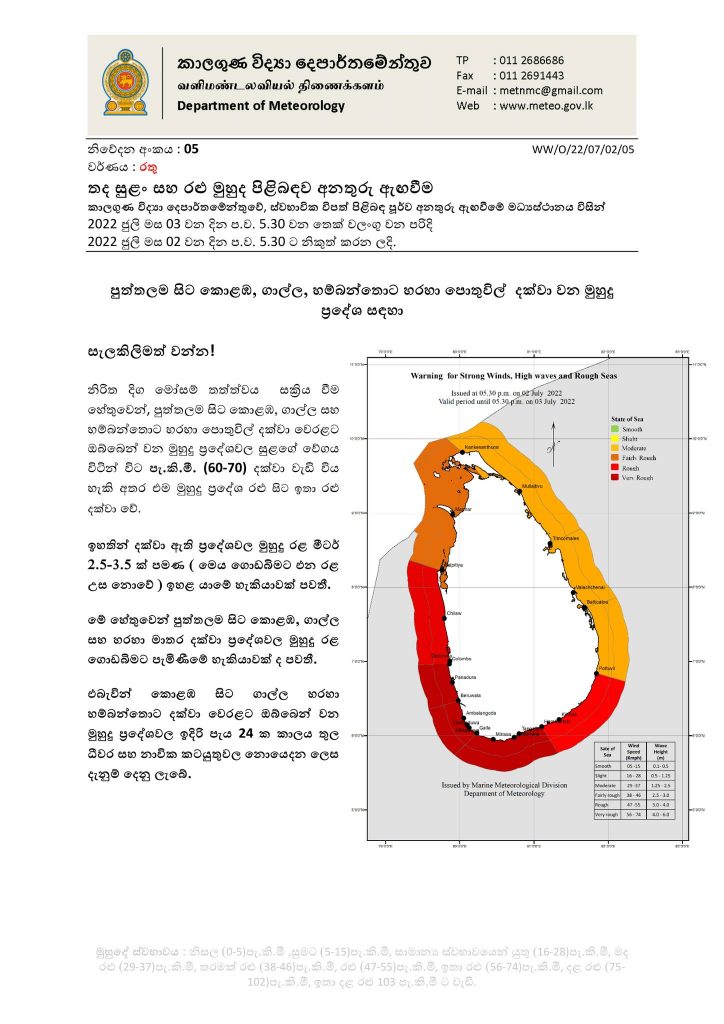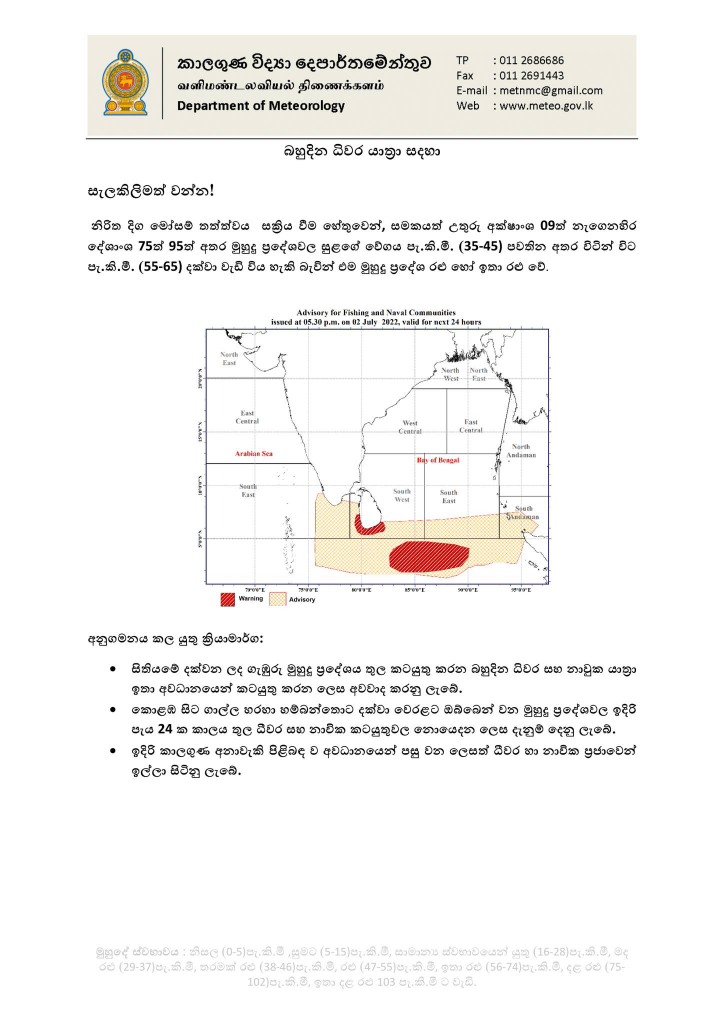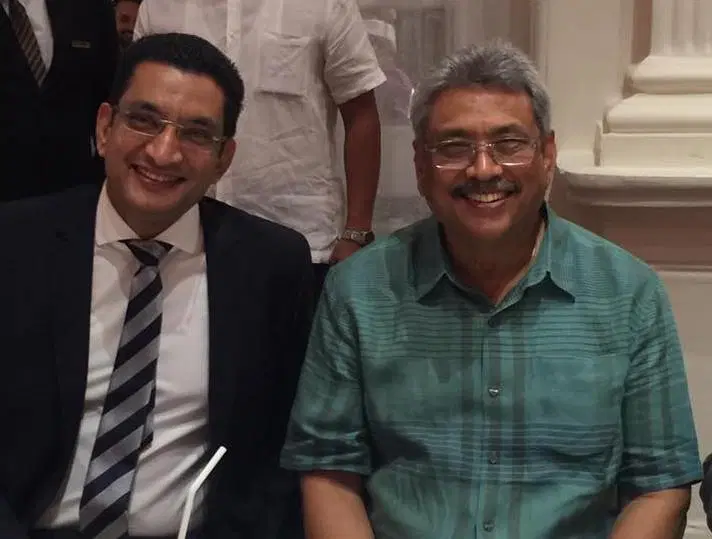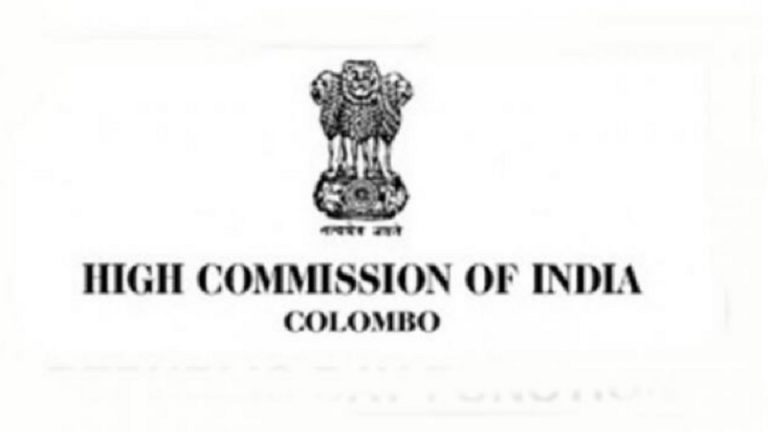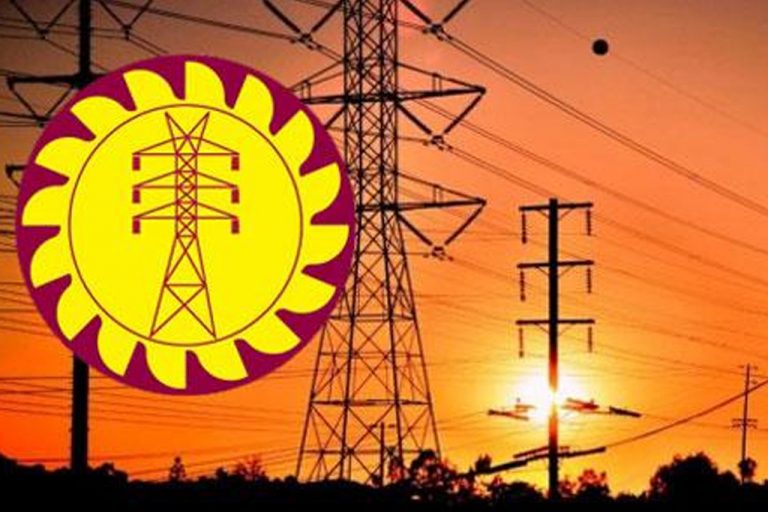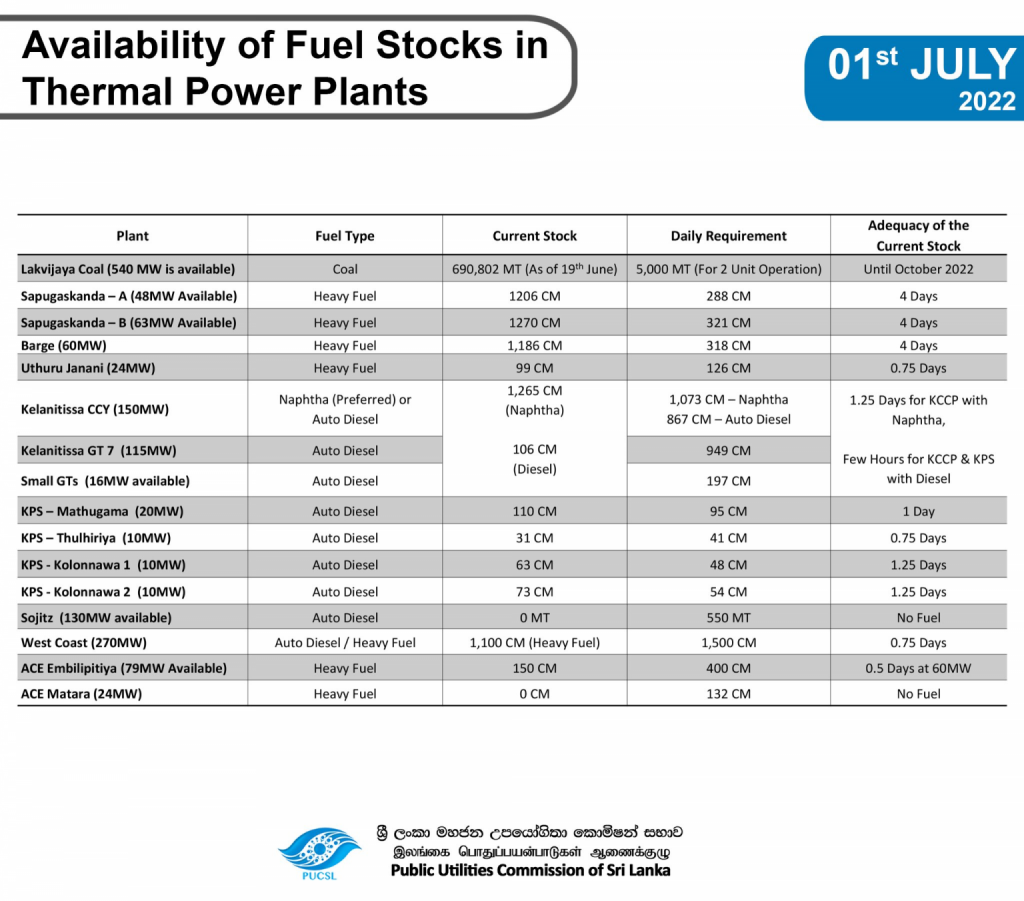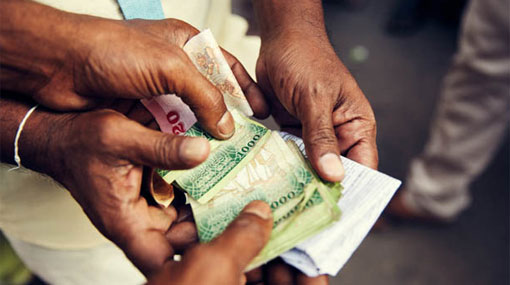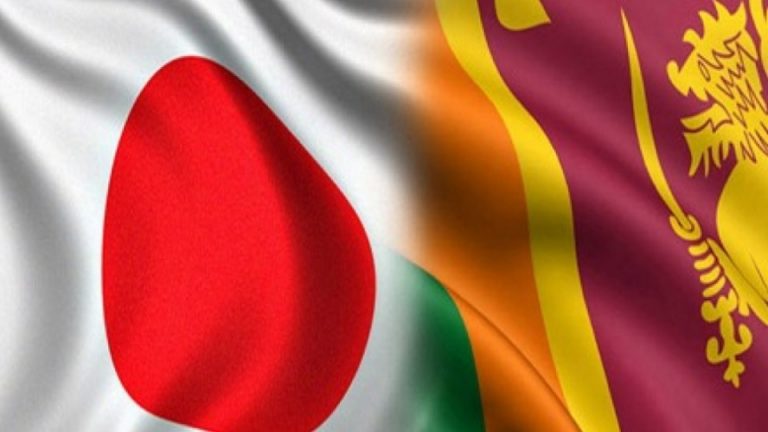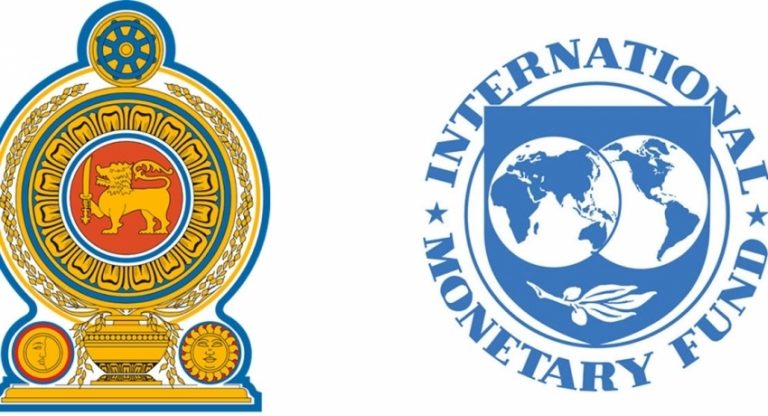The United States remains a friend and partner for Sri Lanka’s prosperity, and it looks forward to a shared future and success in overcoming the present-day challenges.
This was stated by United States Ambassador to Sri Lanka Julie Chung when she addressed 183rd Annual General Meeting of the Ceylon Chamber of Commerce as the Chief Guest on Thursday 30.
She stressed the need of taking a step further not only to survive but to thrive, to become stronger and better through this economic crisis.
Now is the time to redouble our joint efforts to get Sri Lanka back on the path to economic stability. Now more than ever the private sector can make a difference in creating a more inclusive and sustainable economy, she claimed.
The United States remains Sri Lanka’s largest single country export market, so Americans contributions to Sri Lankan prosperity are, in this regard, unparalleled.
US- Sri Lanka bilateral trade relationship amounts to about three percent of Sri Lanka’s GDP. Sri Lankan exporters to the United States provide direct employment for at least 180,000 people here.
This is the type of economic partnership we should all be looking to expand. Investment in the United States is another opportunity for the Sri Lankan private sector she said adding that . Businesses investing in the United States, regardless of industry, gain competitive advantages from one of the most open markets on the planet.
The United States offers the largest consumer market on earth with a GDP of $20 trillion and 325 million people. Companies of all sizes help make innovation in the United States a global enterprise, benefiting from – and contributing to – a flourishing ecosystem for invention and inspiration.
. The United States continues to stand by Sri Lanka during these challenging times. Over the last few weeks, we have announced $120 million in financing for Sri Lankan small and medium-sized businesses, $27 million for the Sri Lankan dairy industry, and over $30 million in new humanitarian, technical and food security assistance to benefit Sri Lanka’s most vulnerable communities.
She disclosed that the US looks forward to building on that assistance in the months to come. The United States remains a friend and partner for Sri Lanka’s prosperity,
In 2020, U.S. foreign direct investment in Sri Lanka was $13 million, bringing total active U.S. investment in the country at the time to $274 million. If you compare this to the $17 million invested five years earlier in 2015.
The US Ambassador noted that concerns about consistency and transparency in government decision-making, and above all, a lack of predictability, are the primary reasons FDI hasn’t grown faster.
What US companies want is a level playing field. A good regulatory framework. Trust that their arbitration and their contracts will be honored.

